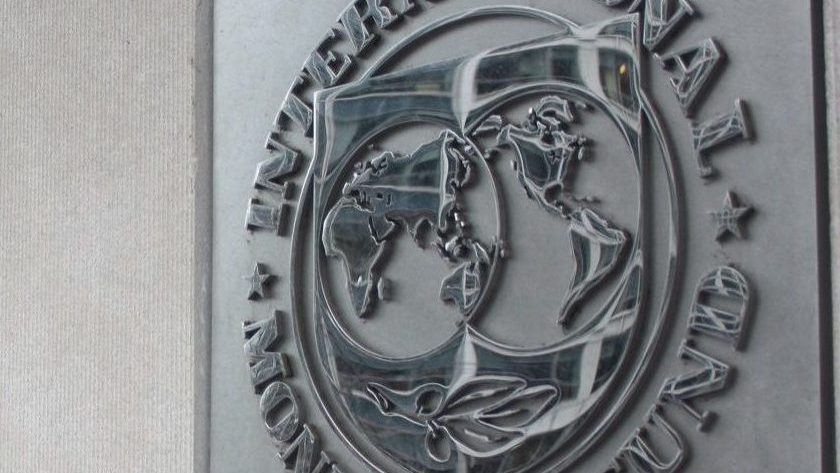IMF sees Portugal with less growth and more deficit in 2021
Paolo Mauro, deputy director of the IMF's fiscal affairs department, admits that the 2021 forecasts for Portugal will get worse, for both GDP and deficit.
In both the World Economic Outlook and the Fiscal Monitor update, both released this week, the International Monetary Fund (IMF) puts forward new forecasts only for the world’s major economies, leaving Portugal out. However, at the press conference, the deputy director of the IMF’s fiscal affairs department admitted that the situation in Portugal has deteriorated since October, anticipating a downward revision of forecasts.
Asked by ECO about forecasts for the Portuguese economy, the director of the budgetary affairs department and former finance minister, Vítor Gaspar, gave the stage to his deputy director, refusing to answer questions about Portugal. Paolo Mauro stepped forward and did not give good news: the pandemic “intensified” and growth in 2021 will be revised “a bit down,” he admitted, noting also that the deficit will be greater than expected this year.
In October, the IMF was forecasting Portuguese GDP to grow by 6.5 percent in 2021. However, reality changed with the worsening of the pandemic dictating a new general lockdown.
In Portugal’s favour is only the prospect that 2020 was slightly better than expected, with a contraction below the 10% estimated by the IMF in October, a figure that helps explain the forecast for 2021 (the bigger the drop in 2020, the bigger the recovery in 2021 in percentage terms). Paolo Mauro noted that, even so, the fall in the economy last year “was not as bad as expected.”
As for the deficit, the IMF official did not comment on the figure for 2020 – the Fund indicated 8.4%, well above the government’s 7.3% – but warned that the fiscal imbalance in 2021 would be higher than the 2.7% forecast in October. With the impact of the State Budget 2021 in mind, which brings “more support” to the economy, Paolo Mauro admitted that the public debt ratio should remain above 130% of GDP, “one of the largest in the Eurozone.”
The IMF’s upgraded forecast for Portugal is not expected until April, with the release of the new editions of the World Economic Outlook and Fiscal Monitor. By then, however, the reality may already be different. Everything will depend on the evolution of the pandemic and, consequently, on the restrictions in place, as well as on the pace of vaccination and the effectiveness of state support, which will influence the economy’s capacity to recover.


